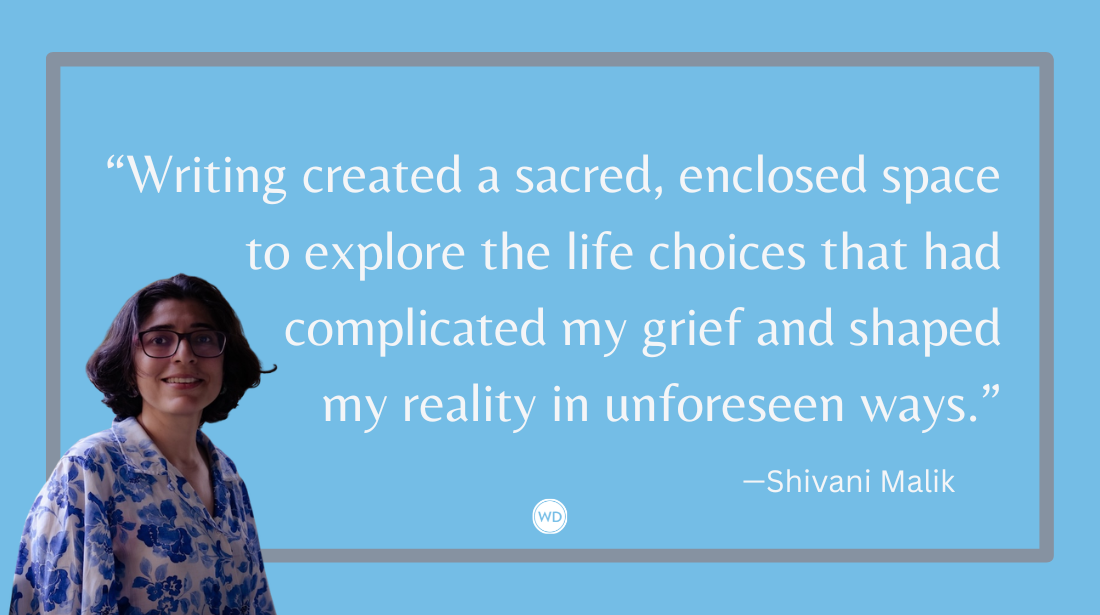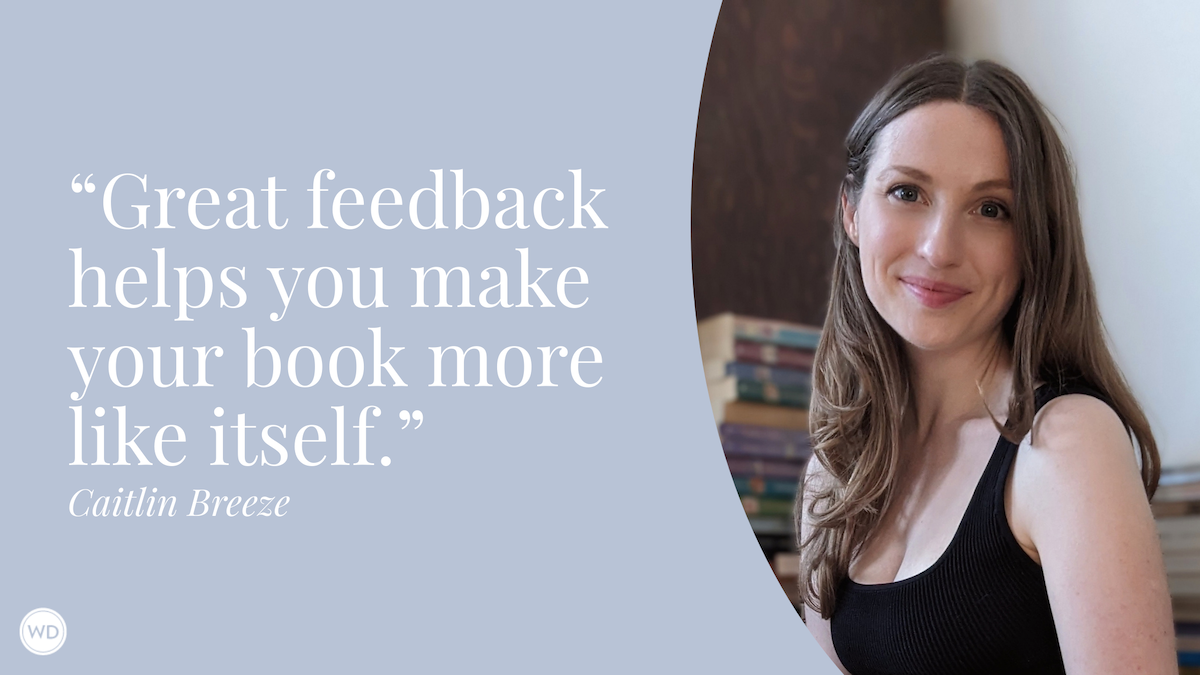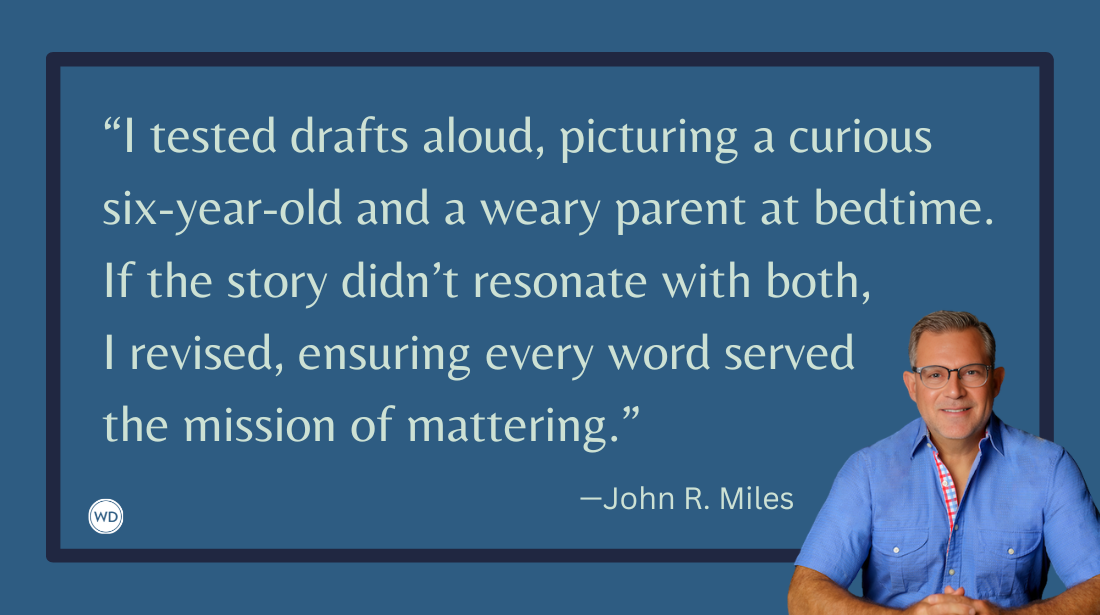Jon Taffer: On Constructive Conflict
New York Times bestselling author Jon Taffer discusses the inclusive nature of his new book, The Power of Conflict.
Jon Taffer, the New York Times bestselling author of Don't Bullsh*t Yourself, is a television personality best known for his no-holds-barred approach to helping hotels, restaurants, bars, and businesses reach their full potential. The star of Paramount Network’s number-one show, “Bar Rescue”, Taffer uses his unprecedented industry experience to inspire people and businesses around the world daily. Find him on Twitter, Facebook, and Instagram.
In this post, Jon discusses the inclusive nature of his new book, The Power of Conflict, what he hopes readers get out of the experience, and more!
Name: Jon Taffer
Literary agent: Byrd Leavell, UTA
Book title: The Power of Conflict: Speak Your Mind and Get the Results You Want
Publisher: William Morrow, an imprint of HarperCollins Publishers
Release date: May 3, 2022
Genre/category: Business & Self-Help
Previous titles: Don’t Bullsh*t Yourself and Raise the Bar
Elevator pitch for the book: In an era of increasing division and discord, this book offers a guide on how to use conflict as a constructive tool—how to listen empathetically and engage respectfully while upholding your principles.
IndieBound | Bookshop | Amazon
[WD uses affiliate links.]
What prompted you to write this book?
Bar Rescue taught me how constructive and often life-changing conflict can be. Over the past half-dozen years political discourse has become so divisive and toxic, a type of conflict that lacks dignity and serves no purpose. Look at society and social media today, and you’ll find people who either bully their viewpoints or are too scared to express them.
Ideas are growth, especially if they advance solutions. My whole motivation for writing The Power of Conflict was to create a constructive book that empowered people not to fear engagement.
How long did it take to go from idea to publication, and did the idea change during the process?
The book started with the title and premise. I worked on it for a little over two years, and it found a publisher very quickly. The core idea itself didn’t change during the process, but I learned a lot of information which shaped it and made it more powerful.
Were there any surprises or learning moments in the publishing process?
This book is written for everyone, and because of that it was important to make it as inclusive as possible. I didn’t want anyone to dismiss it because it pushed any overtly political opinions. The book does contain some historical anecdotes that show the need for conflict—if America didn’t engage in World War II, for example, we might all be under fascist rule today.
Were there any surprises in the writing process for this book?
Through eight seasons of my TV show Bar Rescue, I’ve been engaged in conflict all the time, but it was more spontaneous and almost subliminal. Most conflict is in the moment. Analyzing it, picking it apart, is a fascinating exercise.
One of the surprising things I learned, from speaking with neurosurgeons and other doctors, is the effect of holding your feelings in. Being submissive as a method for avoiding conflict can actually have physically unhealthy consequences.
What do you hope readers will get out of your book?
I have two main goals: To empower those who fear conflict to stand up for their principles with confidence and comfort, and to help change the approach of those who engage in undignified and purposeless conflict that just alienates people who have different views.
If you could share one piece of advice with other writers, what would it be?
Relatability isn’t just about selling books; it’s critical for connecting with people. In the world of political books, it’s all about targeting one side or the other. The core message of this book is one impacting all of humanity: When we engage in constructive conflict, with open ears and an open mind, we all walk away respecting the other side. When books are inclusive for all, their ideas have a wider impact.









